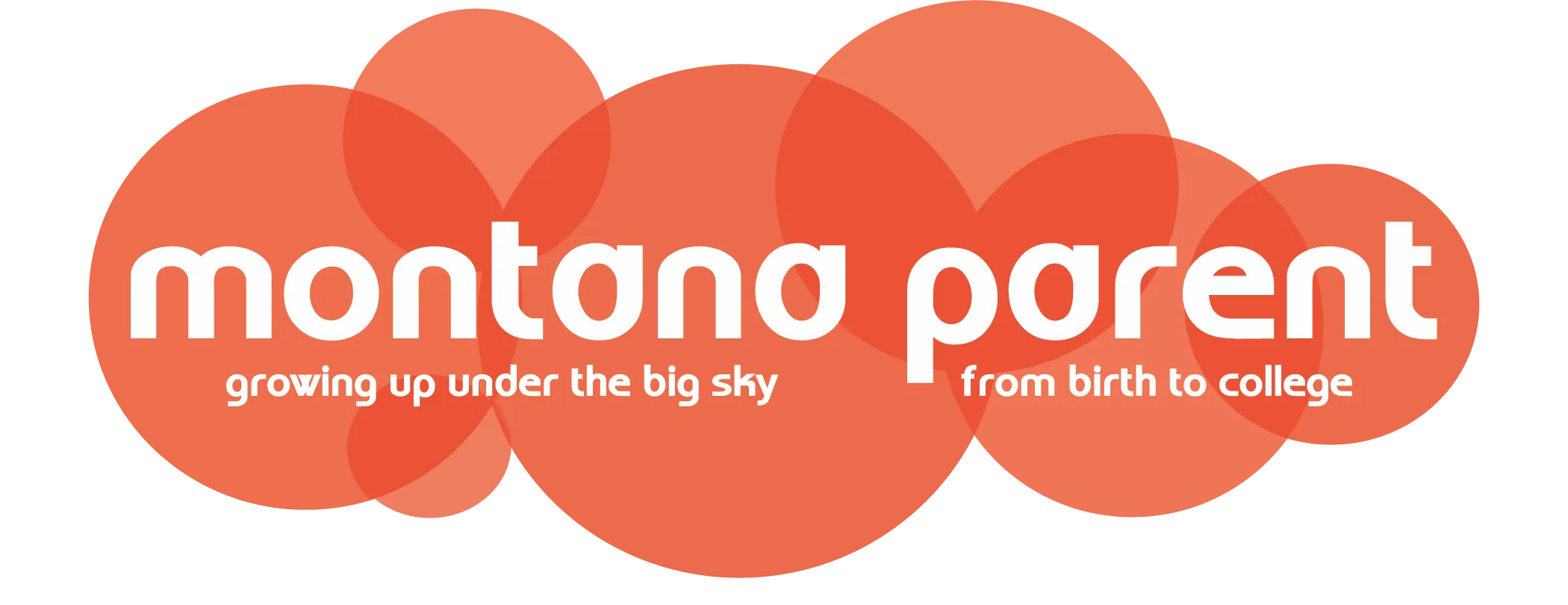Food
October 01, 2014
Posted By: Shaunescy
WRITTEN BY LEIGH RIPLEY
Food had a very different face for me while I was growing up in the 1970s. Popular foods included Spam, deviled ham, canned veggies, jello or any other edible substance formed into a mold or log, Cheese Whiz (is that really cheese?) and frozen TV dinners.
The common theme here? Everything was processed. Unless you were an early adopter of the whole foods movement, then you, like me, were raised on foods that were treated, stripped, altered or refined in some fashion after being harvested or butchered. Although there is much controversy surrounding just how dangerous food additives are, we now know it’s best to try and avoid them.
Before fast food and TV dinners, people ate real food: whole fruits, seasonal vegetables, animals that grazed freely on pastures. Today, industrial agriculture has taken over in an attempt to feed more people, faster and cheaper. The result? Additives, antibiotics, GMOs (transferring specific traits or genes from one organism to another plant or animal; 70 percent of processed foods in our grocery stores contain GMOs), hormones, pesticides (over 1 billion tons of pesticides are used on U.S. crops every year), rBGH (a genetically engineered hormone given to cows to artificially increase milk production) and more.
Knowing what we know today, the grocery store can be a scary place. Choose fresh, unprocessed foods, check labels for additives and avoid prepackaged foods. Shop around. Did you know the Community Co-op sells bulk herbs at a fraction of the cost of bottled brands?
Feeding your family whole foods on a budget can be even scarier. Shop with the dirty dozen and clean 15 in mind (see page 15). Hit up farmers markets or get in on a farm share. Buy a cow and split it with your friends and family. Stick to seasonal fruits and veggies – if they are in season, they will be cheaper.
Grow it. Not everyone has the time or space for a garden, but even small pots of herbs grown on your kitchen windowsill can save you a bundle.
With Uncle Sam subsidizing industrial agriculture, it is of course cheaper to buy convenient, grocery chain items. Try doing your family a favor, eat sustainable, whole foods and spare yourself a few chemicals while supporting your local economy at the same time.
Resources include Matthew Hoffman, MD, WebMD feature in collaboration with Healthy Child Healthy World and SustainableTable.org. mp














